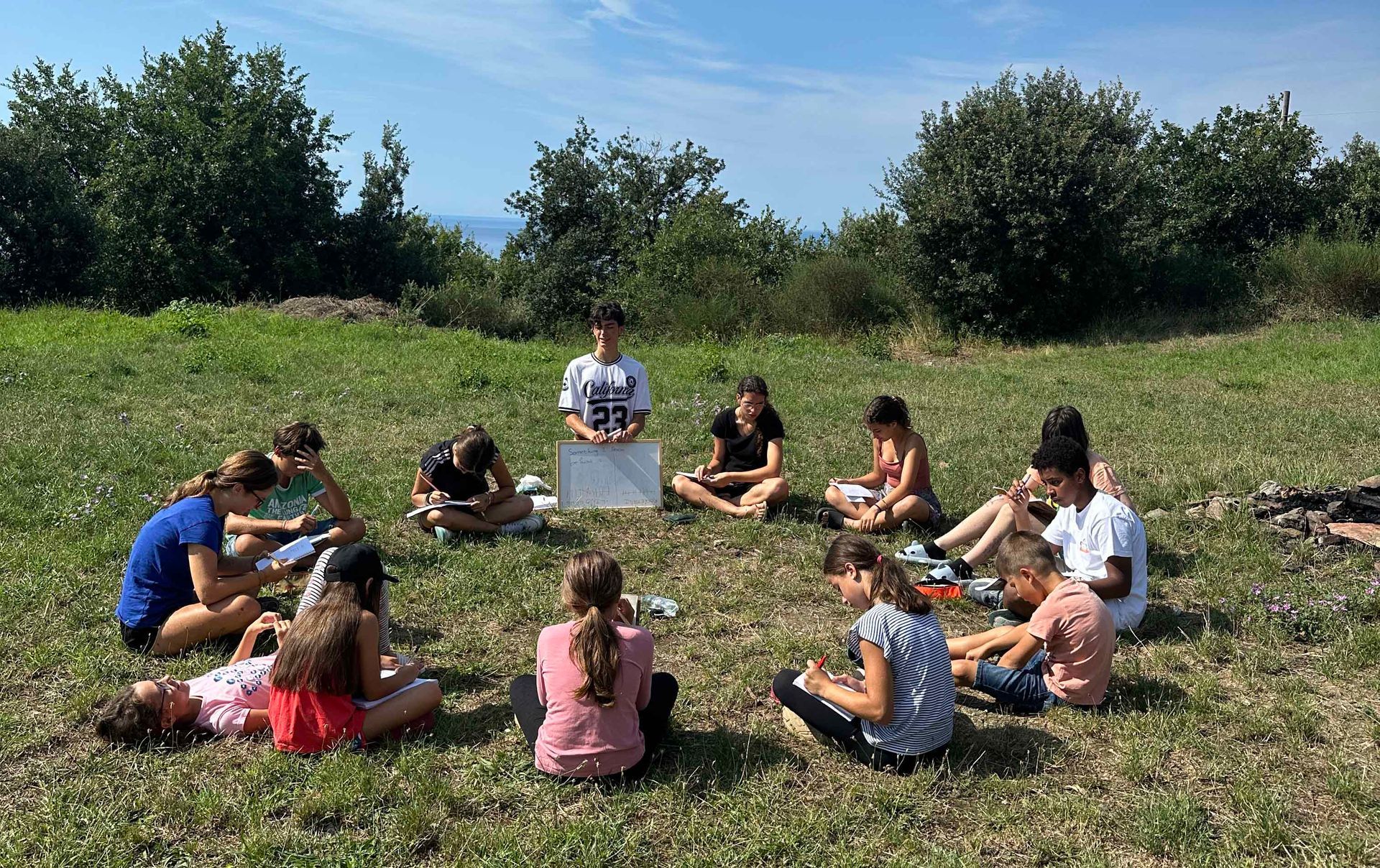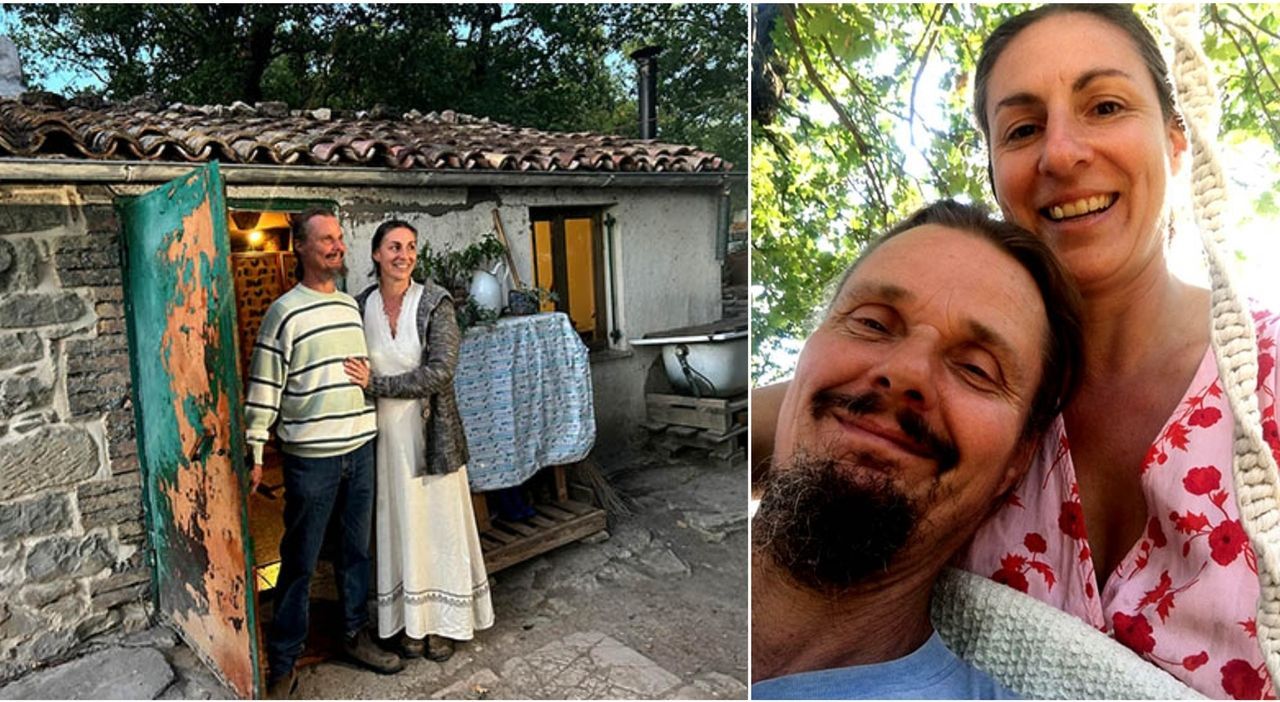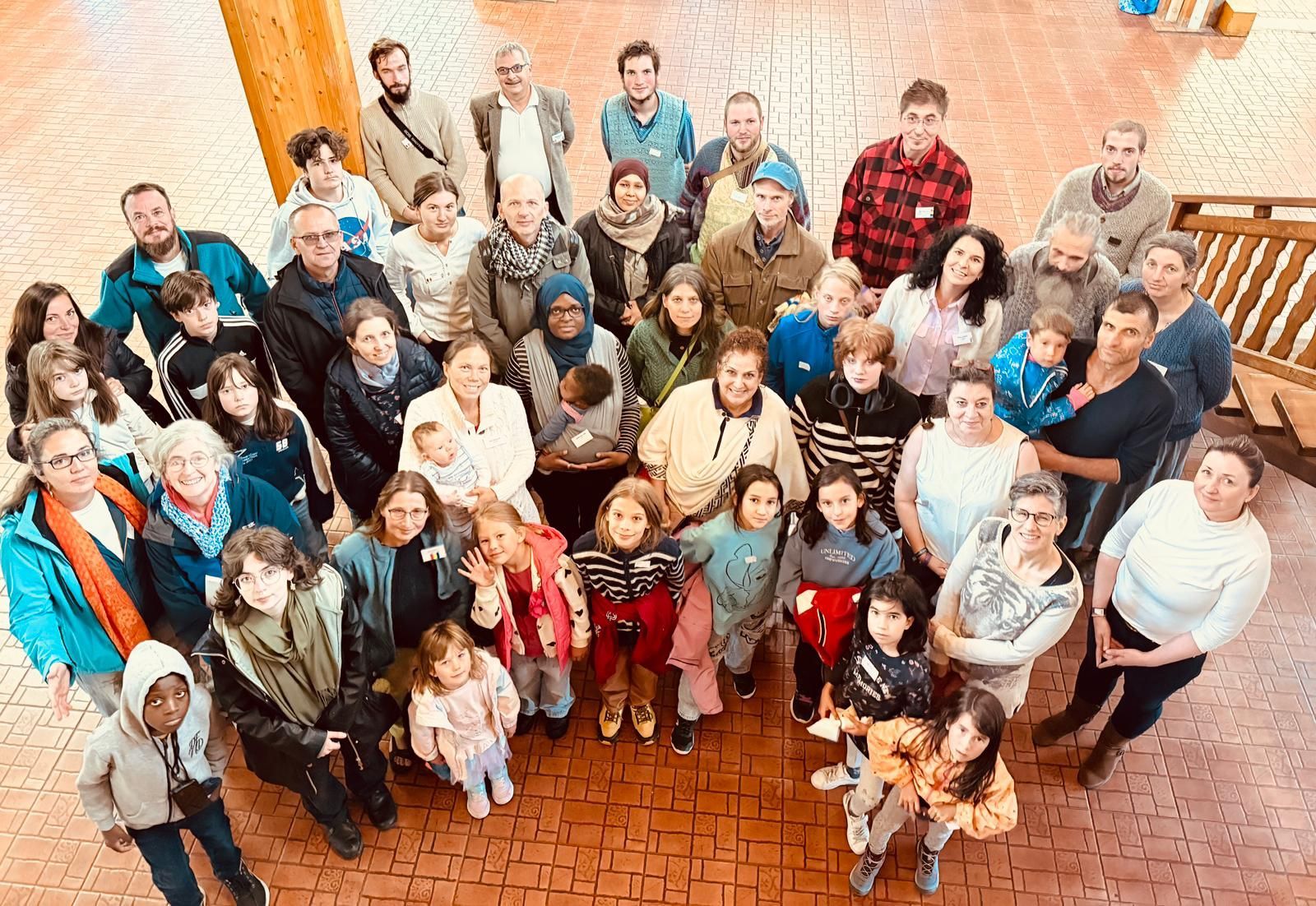The Principles
The Universal Declaration of Human Rights recognizes education as a fundamental right, essential for the development of personality and for promoting respect for human rights and fundamental freedoms. However, education should not be limited to the school environment: it represents a means through which each individual can express themselves, engage in dialogue with the world, and contribute to the common good and collective happiness. Therefore, the State has the duty to respect and protect educational freedom, recognizing education not only as a right but also as a personal and family choice.
Principle 1: Human Dignity
Every human being possesses intrinsic dignity and inalienable rights that guarantee their freedom and equality before the law.
The State must:
a) Promote educational systems that uphold human dignity, recognizing the uniqueness of each individual and adopting a personalized educational approach;
b) Safeguard the freedom of education as an expression of human dignity, allowing each person to choose the educational path best suited to their development.
Principle 2: Best Interests of the Child
The best interests of the child are the primary consideration in all actions concerning them. It is presumed that parents act in accordance with this interest unless proven otherwise.
The State must:
a) Ensure that all educational and social institutions respect the dignity of children, placing their well-being and personal development at the center;
b) Avoid imposing standardized educational models that overlook the individual needs of children;
c) Protect educational methods that respect and promote personalized learning.
Principle 3: Protection of the Family
The family is the fundamental unit of society and plays an irreplaceable role in the education of children.
The State must:
a) Respect and support the role of the family in the upbringing and education of children;
b) Intervene in family dynamics only when there is a proven violation of children's rights and following due legal process;
c) Recognize and protect the right of parents to choose the type of education to provide for their children.
Principle 4: Impartial State
The State must maintain an impartial stance, respecting the freedom of families to define their own philosophical, moral, and religious values.
The State must:
a) Respect the unique role of parents in passing on moral and religious values to their children;
b) Avoid any form of discrimination based on religion, belief, or worldview;
c) Recognize the right to conscientious objection when a general rule conflicts with the fundamental values of the family.
Principle 5: Respect for Diversity
Every individual and group has the right to their own ethnic, cultural, and religious identity.
The State must:
a) Respect and protect the diversity of ethnic, cultural, and religious identities;
b) Recognize that every human being has the right to live in peace according to their own identity and values;
c) Consider education as an integral part of cultural transmission, ensuring families the highest degree of educational freedom.
Principle 6: Freedom of Thought, Conscience, and Religion
Every individual has the right to freedom of thought, conscience, and religion.
The State must:
a) Refrain from interfering with freedom of thought, conscience, and religion, except as provided by law and only when necessary to protect public safety and the rights of others;
b) Protect the right of parents to organize family life according to their religious and moral beliefs and to choose the education for their children.
Principle 7: Cultural Rights
Every individual has the right to have their culture respected.
The State must:
a) Not hinder the transmission of present and future cultural heritage;
b) Refrain from engaging in forced assimilation through mandatory attendance at state schools or other state-imposed measures;
c) Respect and protect the freedom to follow a lifestyle and educational method that promotes one's cultural values.
Principle 8: Parental Rights
Parental rights are fundamental rights arising from the simple fact of being parents.
The State must:
a) Recognize that the free exercise of parental rights is essential to protect the true rights and interests of the child and to preserve educational diversity in a free and pluralistic society;
b) Respect and protect the right of parents to choose the type of education for their children, including homeschooling;
c) Ensure that parents’ educational choices are respected and supported by the State, guaranteeing they are not subject to undue restrictions.
Principle 9: Right to Education
Everyone has the right to education.
The State must:
a) Clearly distinguish between compulsory education and compulsory school attendance;
b) Not favor mandatory attendance at state schools, respecting the educational freedom of families;
c) Ensure that families and children are not subjected to additional burdens or restrictions in exercising their educational freedom.
Principle 10: Right to Home Education
The right to home education is a fundamental right of families, children, and parents.
The State must:
a) Explicitly recognize in domestic legislation the right of all parents to freely choose home education for their children;
b) Respect and protect the freedom of parents to choose the pedagogical approach in home education;
c) Prevent any discrimination regarding access to higher education and employment due to the choice of home education.
Questi principi riaffermano la centralità dell'individuo, della famiglia e della libertà educativa in una società giusta e libera. Riconoscere e rispettare tali diritti è essenziale per costruire un futuro in cui ogni persona possa esprimere pienamente il proprio potenziale e contribuire al benessere collettivo.











